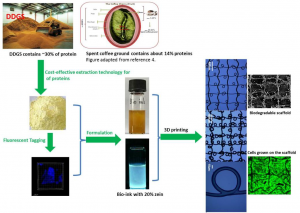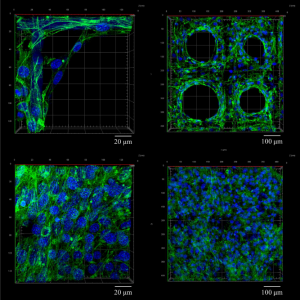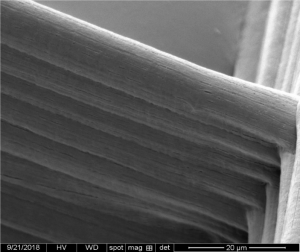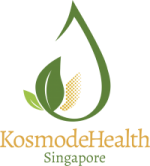Health Science, Sustainability
Development of Bio-ink Based on Plant Proteins for 3D Printing
________________________________________
Problem Statement
- High wastage of food processing side-streams, which are ‘power packed’ with high plant proteins & fiber content
- Cost, risk of animal disease & irreproducibility of animal protein composite bio-ink & scaffold for 3D cell culture applications
- Limited range of off-the shelf bioscaffold to meet the varied growth microenvironment needed for different cell types.
- Absence of bio-ink that enable non-invasive monitoring of biodegradation profile of printed scaffold; resulting in cost and cruelty of ‘sacrificing’ animals when scaffold are implanted.
Objective
- To reclaim proteins from food processing ‘wastes’ or side-streams, as a source of natural proteins that have the cell growth conducive properties but not the issues of animal proteins, for formulation into Plant Protein Composite (PPCTM)Bio-ink.
- Development of PPCTM bioinks with molecular markers that allows real-time, non-invasive monitoring of biodegradability of the bio-scaffolds.
- 3D printing of PPCTMscaffold with large surface area and diverse patterns for 3D cell culture applications.

Reclaiming plant proteins as ingredients for 3D bioink to print 3D scaffolds.
Key Benefits/Outcomes
- Developed a series of PPCTMbioinks – PCL (Polycaprolactone) /zein and PCL/gliadin composite bio-inks; and world’s only molecularly tagged bio-ink that enable real-time, non-invasive biodegradability monitoring.
- Demonstrated printability of the PPCTMbio-ink with a proprietary built EHDJ (electrodhydrodynamic jet) printer.
- Demonstrated ability to print 3D PPCTMscaffold of large surface area, unique multi-scale gradient & patterns with enhanced & efficient cell adhesion, migration, and proliferation; and biodegradability can be monitored in real-time, non-invasively.
- Demonstrated that the mechanical strength of PPCTMscaffolds printed by proprietary EHDJ printer with developed PPCTM bio- inks has dose-responsive improvement on degradation.
- Generated 2 publications and multiple patent applications, positioning KosmodeHealth as developer of the world’s only PPCTMbio-ink/ PPCTM scaffold & molecular tagged 3D scaffold that permits real-time, non-invasive biodegradability monitoring.
- KosmodeHealth received Enterprise Development Grant (EDG) to scale up the 3D bio-printing capabilities and commercialize the plant protein composite (PPC) scaffold for cell culture applications.
Potential Application
- Customization of PPCTM bio-ink for different types of bioprinters and 3D cell culture development
- Application of ‘off-the shelf’ PPCTM bioscaffold and customized 3D printing of scaffold to defined specifications needed for 3D cell culture of cells for tissue engineering, regenerative medicine, cancer research, drug discovery development.
- Application of plant-based scaffold for meat culture and development

CLSM images of NIH/3T3 cell cultured on PCL/gliadin scaffolds

PCL/gliadin scaffolds surface morphologies (SEM)




